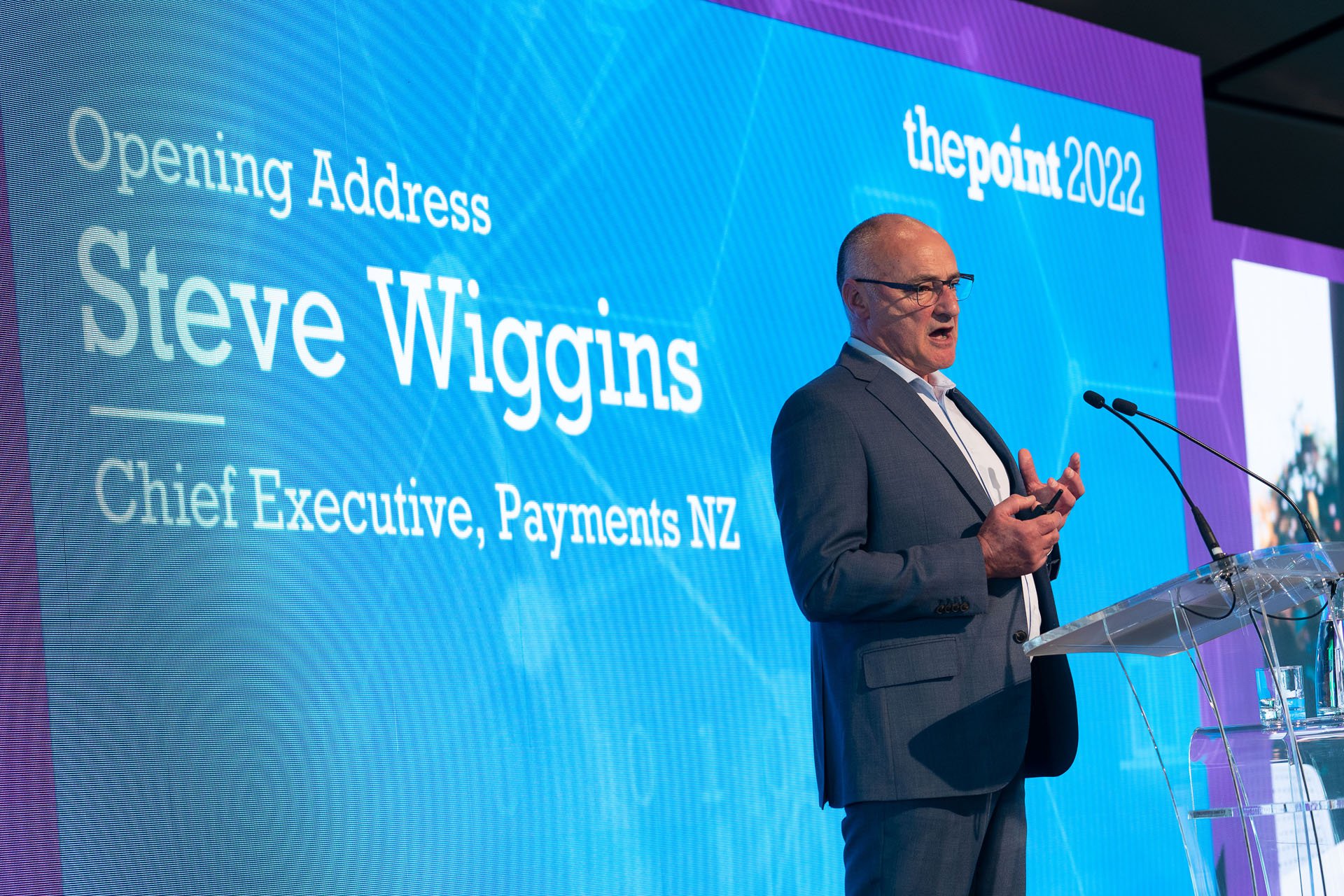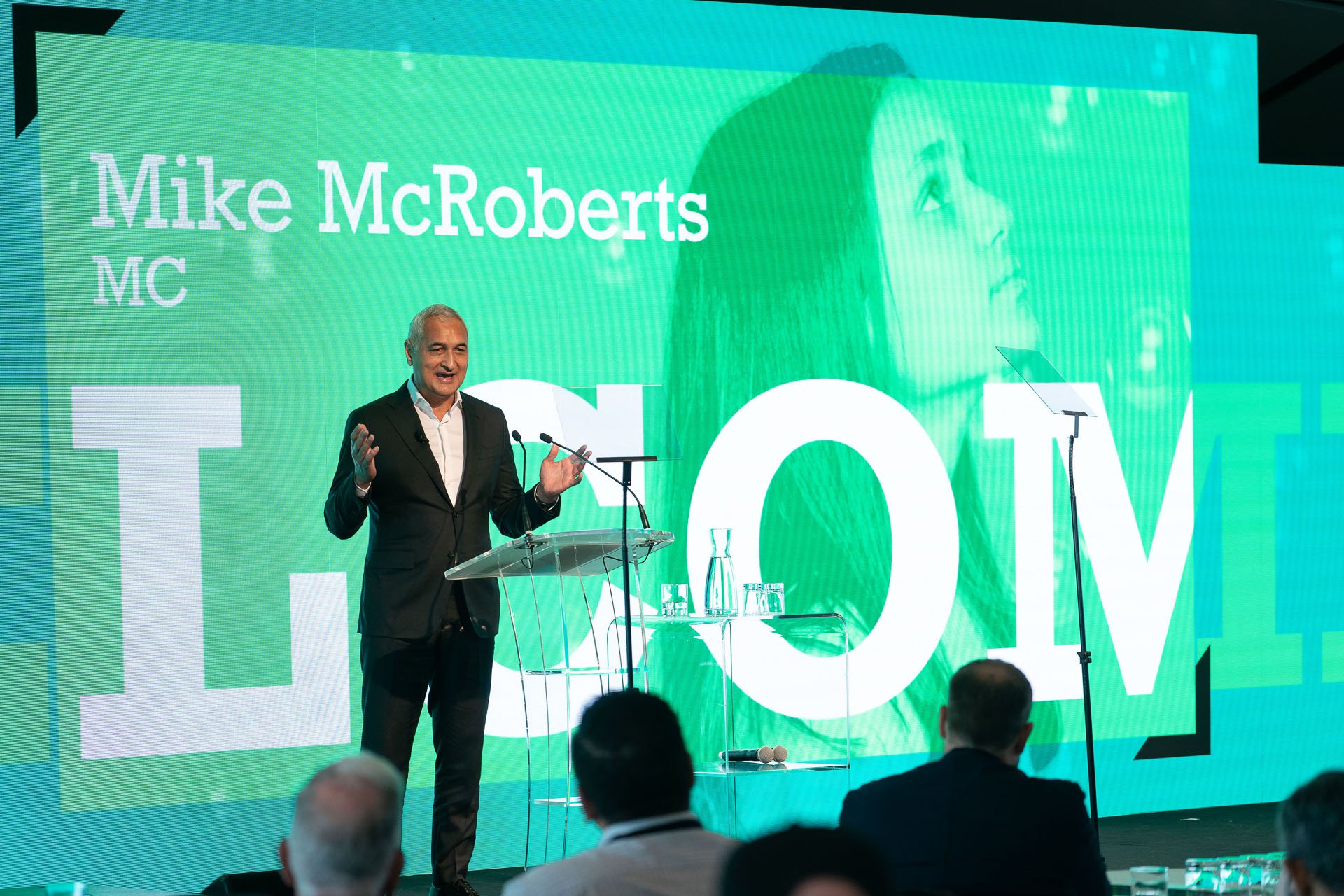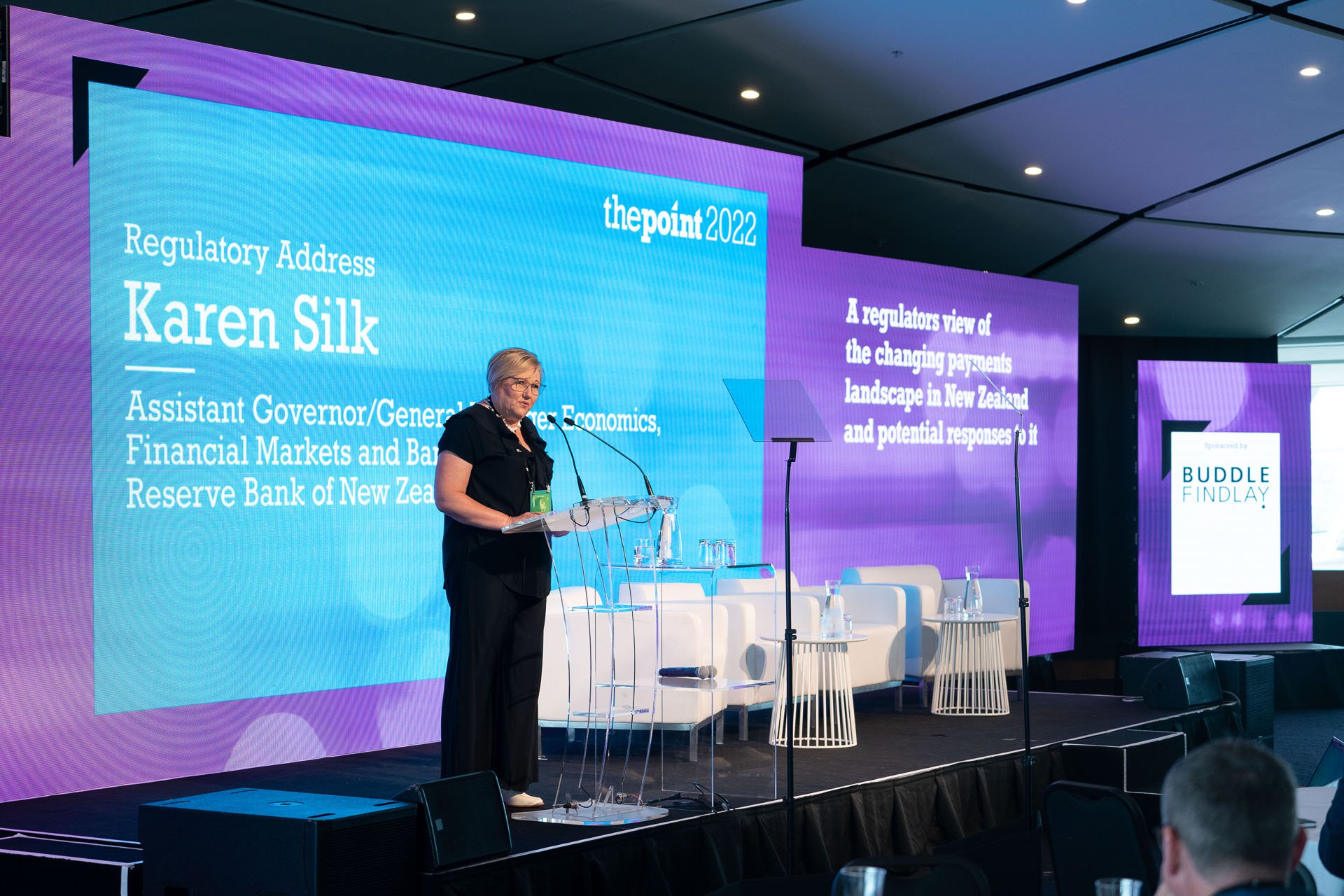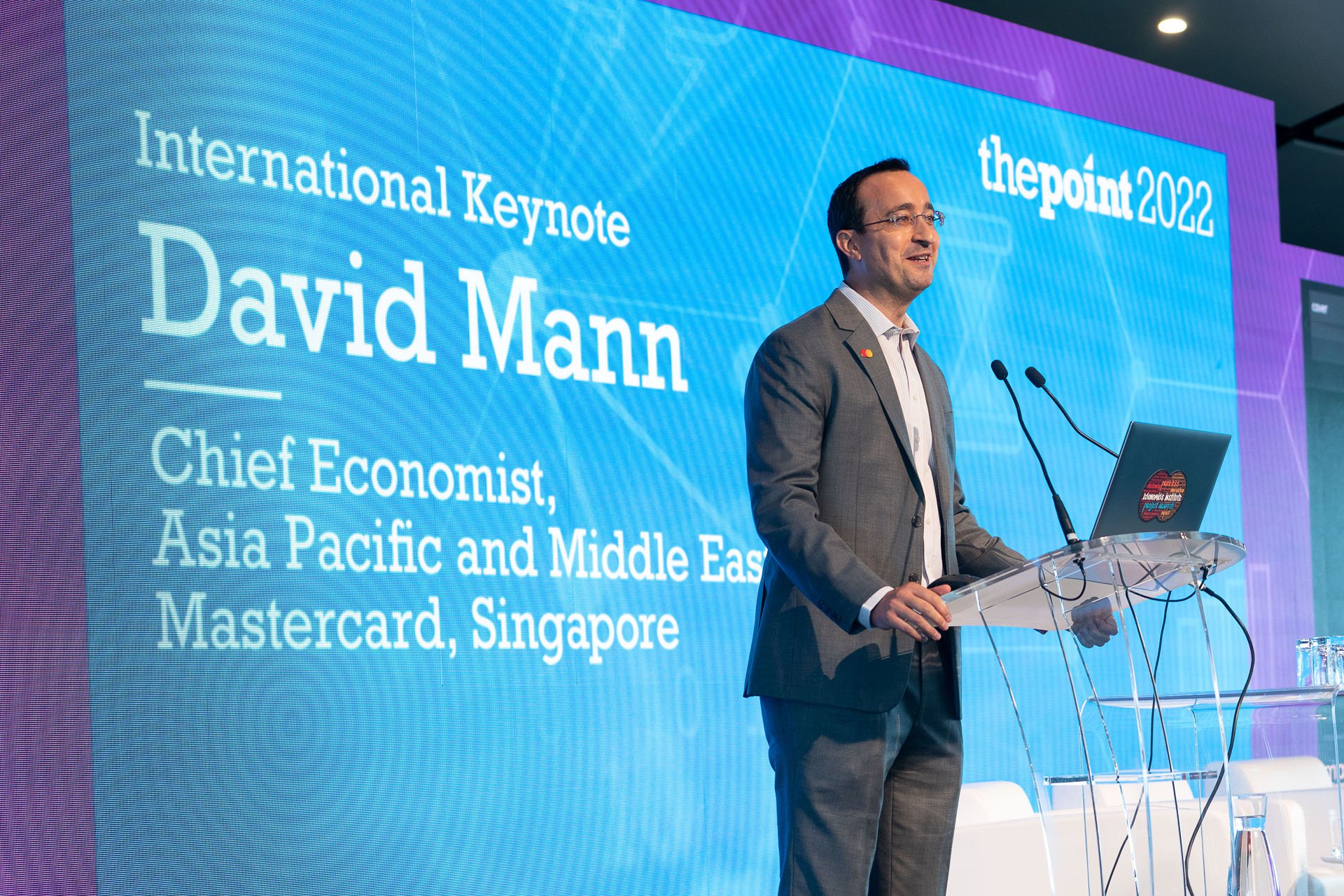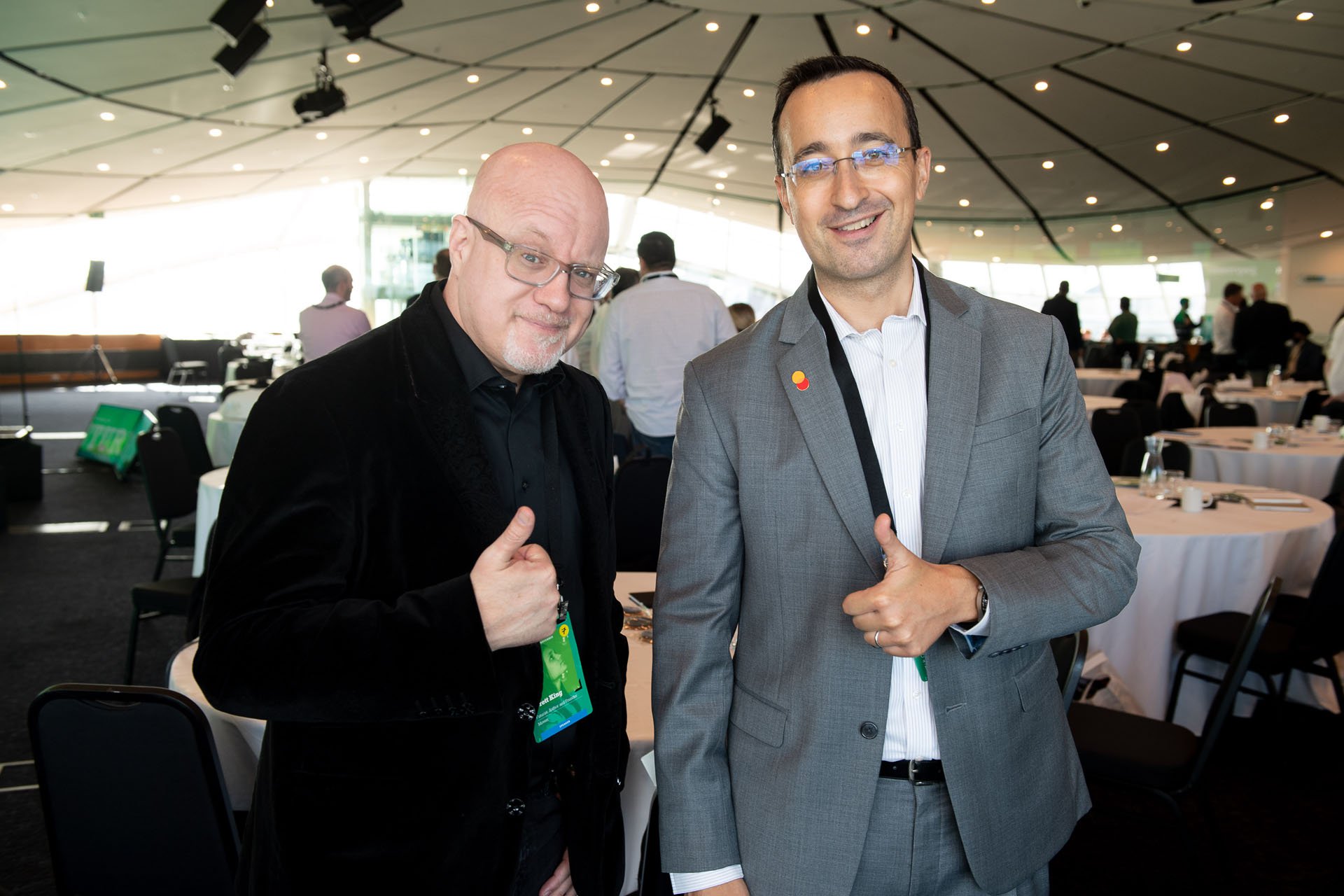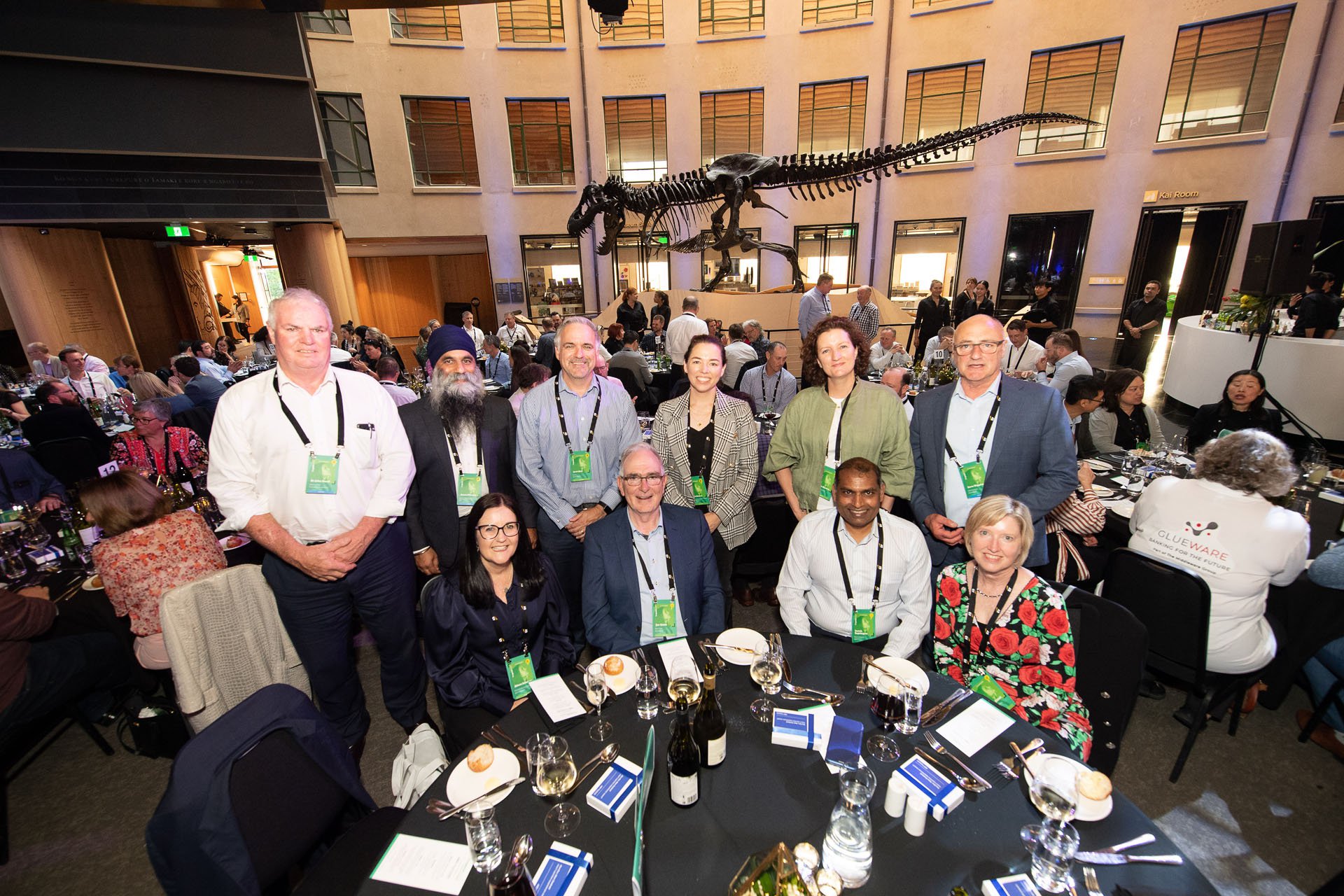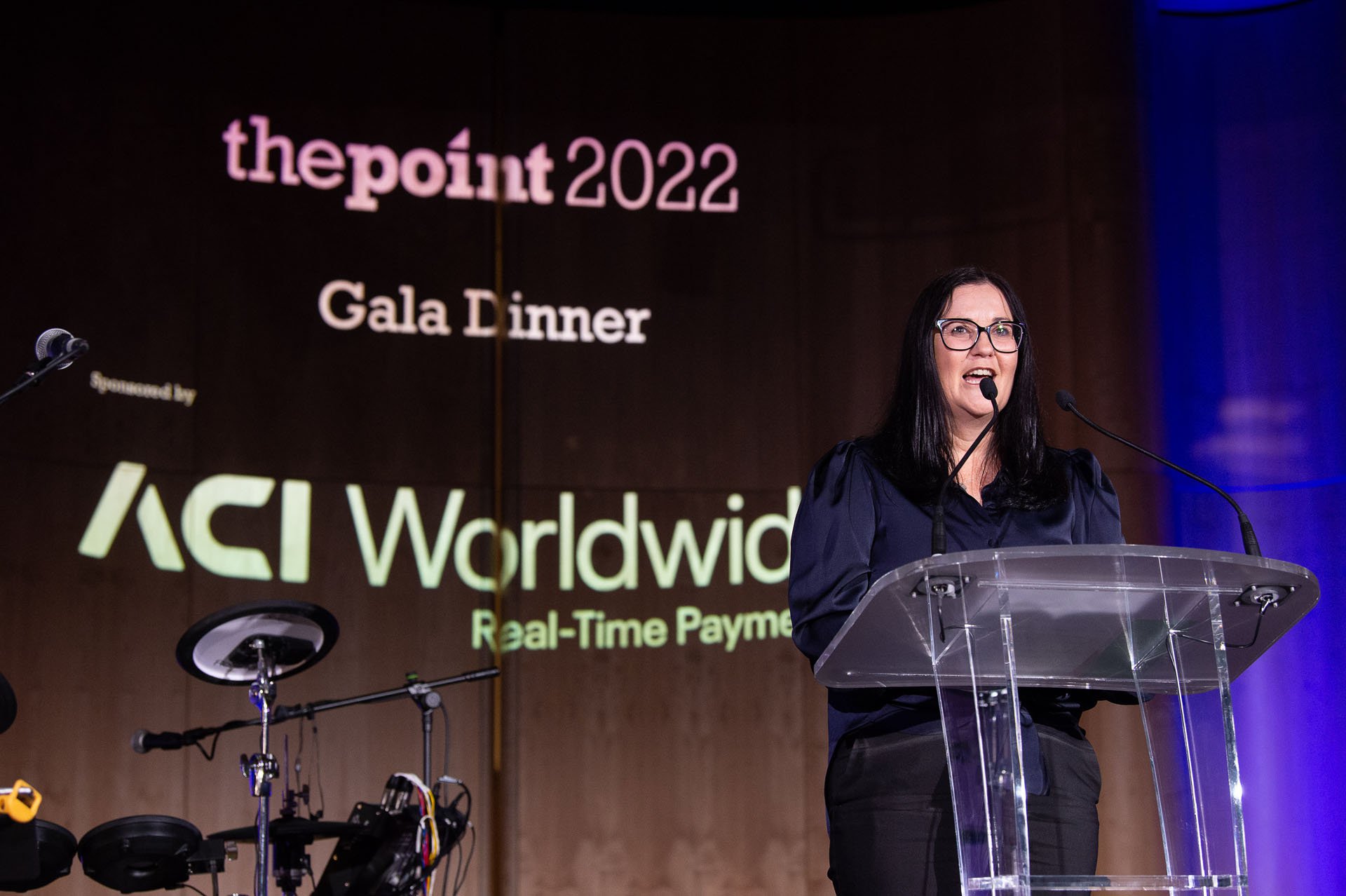Here's a look at the new developments and trends in Aotearoa New Zealand that were covered during the deep dive online sessions.
Kiwi consumer insights and payment trends
Anna Perera-Shaw, Director – Consumer Credit, Deposits & Payments, RFI Global, provided an update on payment trends in a changing landscape and discussed how consumer payment methods and sentiment have changed over time in Aotearoa.
From their research, Anna noted that Kiwi consumers are currently concerned with inflation and the rising cost of living, and less than 50% of consumers in Aotearoa agree that they are at an “optimal level of financial wellness”. She also showed that usage of Buy Now Pay Later (BNPL) services continue to increase in Aotearoa, as well as the use of contactless and mobile payments. Kiwi consumers have indicated a growing expectation that contactless payment methods will be available in most stores.
Aotearoa’s open banking future
Open banking was a hot topic on day 2 especially with Minister Clark announcing in the morning that banking would be the first sector to be designated under Aotearoa’s Consumer Data Right (CDR) framework.
In the open banking session, our API Centre Manager Phil Cass shared how the API Centre is leading Aotearoa’s open banking future by creating the framework that will ensure fast, secure, user-friendly data sharing. He said the API Centre’s business and technical working groups have been pivotal in developing this framework, where people have contributed over 100,000 hours of time to date to create the building blocks we now have.
Phil highlighted that we are starting to see a growing number of partnerships and products and services using the centre’s standards come to market. He also talked about some of the steps the API Centre is taking to facilitate our API Standards Users to enter into partnerships more easily, including the soon-to-be launched at the time (now available) due diligence service.
During the panel discussion which followed Phil’s presentation, the panellists discussed the opportunities the Consumer Data Right (CDR) could create to accelerate open banking in Aotearoa and “unlock value for consumers”.
Payments NZ and the API Centre have long been supportive of having a fit-for-purpose consumer data right framework in Aotearoa and we’re eager to work closely with the Minister, other government officials, our industry, and the business community to implement this new legislation.
Dr Scott Farrell, who led the review for the Australian government on Open Banking in 2017 and the Inquiry into the Future Directions of the Consumer Data Right in 2020, joined us later in the afternoon to share what lessons he thought Aotearoa could learn from Australia when it came to open banking.
“Information security is not an issue that belongs to one country. Data and data attacks don’t recognise borders,” he said. One of the benefits of this shared issue is that different countries are able to see, and use, what others have created and constantly improve.
Dr Farrell expressed his delight at Minister Clark’s announcement on open banking as the development of a CDR framework in Aotearoa will provide learnings for Australia, and the rest of the world, when they update their regimes.
Payments for the next generation
In his opening address on day 1 of the conference, our Chief Executive Steve Wiggins highlighted that “a modern, adaptable real-time infrastructure has the potential to deliver a resilient, open and inclusive payments landscape for the benefit of all in Aotearoa”.
The underlying systems to deliver real-time capability can also act as a next generation payments platform, able to deliver a host of other benefits such as rich data, API connectivity, and features such as request to pay and payee confirmation.
In our day 2 online session ‘Reframing our real-time future – payments for the next generation’, our guest speaker Geoff Tunbridge, VP & Head of SaaS, International Markets, ACI Worldwide said that the ultimate success of open banking relies on having real-time payments. "Open banking is real-time; APIs are real-time. Therefore there is an expectation that the whole value chain you’re doing through the open banking experience becomes real-time.”
In this session, the Payments NZ real-time team talked about the release of our new discussion document, ‘Payments for the next generation: real-time in Aotearoa New Zealand’, which is the start to a dialogue with the industry about what the ideal real-time capability for Aotearoa could look like.
If you’d like to get a copy of the discussion document, and get involved in these important conversations, then register now on our website and we’ll email it to you.
Mobile wallets, data security, the metaverse, global conflicts and everything in between
Following their entertaining sci-fi inspired joint presentation on day 1, Brett King, Futurist, Author and Founder of Moven from the US, and David Birch, author, advisor and commentator on digital financial services from the UK, ran individual online sessions on day 2.
Brett’s topic was ‘The future of payments and everything’. He took us on a tour of the global payments future, looking at mobile wallets, the metaverse, China’s digital currency, the e-CNY and its Belt and Road Initiative, AI developments, climate change adaptation and global conflicts.
One of Brett’s key points was that wallets that enable machines to hold assets and allow machines to transact will be one of the core technologies used to create sustainable systems, ultimately improving the future of humanity.
Dave’s session ‘Tap to prove’, looked at the use of new technologies to improve security in the mass market, including password authentication and self-sovereign identity. He said an interesting distinction in self-sovereign identity is the idea that systems will be authorising, not identifying. In this context, the need to know that a user is in fact a person is the most important credential of all.
Dave also said that to move digital ID forward, we need to get used to the idea of ‘ceremony’ by making security and privacy part of every transaction.















